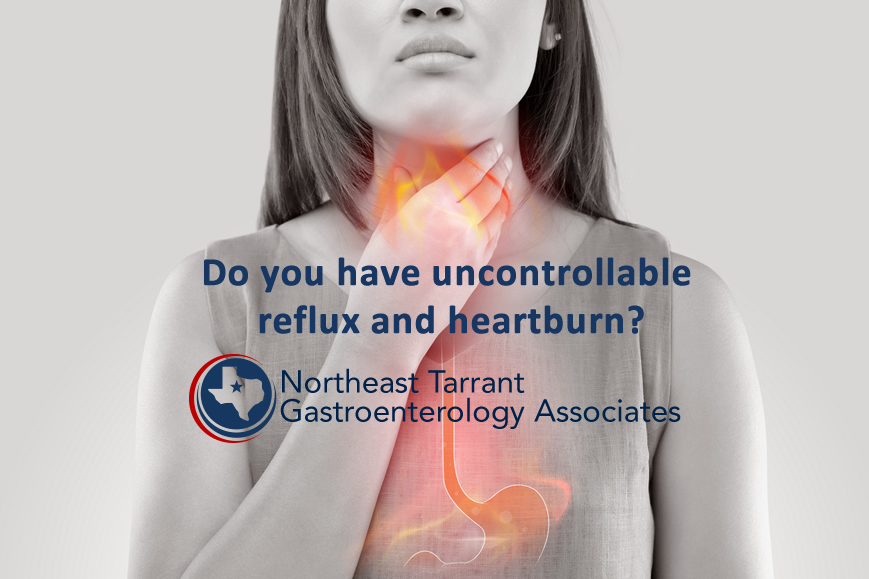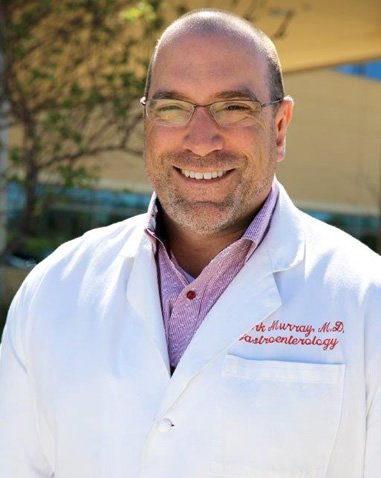What is Gastroesophageal Reflux Disease (GERD)?
Gastroesophageal reflux Disease (GERD) happens when your stomach contents come back up into your esophagus. Stomach acid that touches the lining of your esophagus can cause heartburn, also called acid indigestion.
If your GERD symptoms don’t improve, if they come back frequently, or if you have trouble swallowing, your doctor may recommend testing you for gastroesophageal reflux disease (GERD).

What tests do we use to diagnose GERD?
Several tests can help a doctor diagnose GERD. Your doctor may order more than one test to make a diagnosis.
- Upper GI Endoscopy and Biopsy
- Upper Gi Series
- Esophageal pH Monitoring
- Bravo Wirelss Esophageal pH Monitoring
- Esophageal Manometry
Treatment for GERD
How do you control GER and GERD?
You may be able to control gastroesophageal reflux (GER) and gastroesophageal reflux disease (GERD) by
- not eating or drinking items that may cause GER, such as greasy or spicy foods and alcoholic drinks
not overeating - not eating 2 to 3 hours before bedtime
- losing weight if you’re overweight or obese
- quitting smoking and avoiding secondhand smoke
- taking over-the-counter medicines, such as Maalox , or Rolaids
How do we treat GERD?
Depending on the severity of your symptoms, your doctor may recommend lifestyle changes, medicines, surgery, or a combination.
- Life Style Changes
- Medications
- Surgery

 Meet Dr. Mark Murray
Meet Dr. Mark Murray Meet Dr. Eric M. Hill
Meet Dr. Eric M. Hill Meet Dr. kevin Ho
Meet Dr. kevin Ho